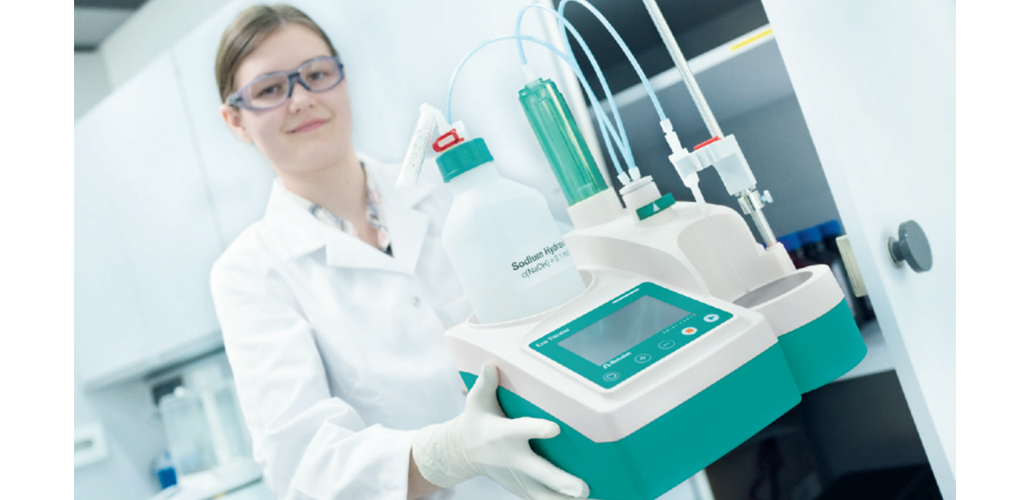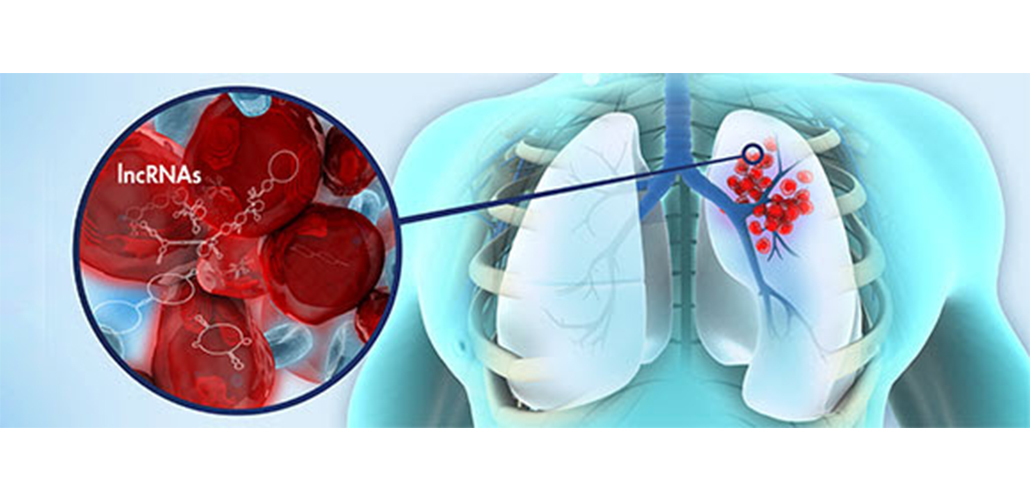RIDASCREEN FAST Soya
Agricultural Sciences / Nutrition & Food Sciences / Agro-Food
January 01, 2013Soya products are becoming ever more popular and are increasingly used in the food industry. This can result in the unintentional cross-contamination of foods in the production process. Even small concentrations of soya can cause food allergies, which is why in many countries soya has to be labeled as an allergen.
The RIDASCREEN®FAST Soya ELISA test is used to determine the presence of soya protein in native and processed foods, such as e.g. sausages, ice cream, chocolate, pastries, cake mixes, soups, sauces, dressings, margarine, and beverages.
In view of the vast variety of foods that contain native as well as heat-treated soya proteins, a single universal sample preparation method for untreated and processed foods has now been specially developed. 1 g of the sample is extracted in a special extraction solution at 100 °C for 10 minutes. The heat treatment ensures that all soya proteins are denatured. Subsequently, 100 μl of the sample solution is taken for the ELISA test.
The antibody used in the ELISA method specifically recognizes denatured glycinin. This universal, standardized sample-preparation method enables soya to be detected both in raw materials as well as in processed foods. The test procedure lasts 3 x 10 minutes and the results are subsequently measured at 450 nm.
The limit of detection of the RIDASCREEN® FAST Soya test lies at 0.3 mg/kg (ppm) and the limit of quantification at 2.5 mg/kg (ppm) soya protein. The test has been comprehensively validated and table 1 shows a selection of results obtained in a series of spiking experiments. The recovery for the different foods lay between 86 and 109 %.
LZSNf88ETRjeIQI6nXev.jpg)



